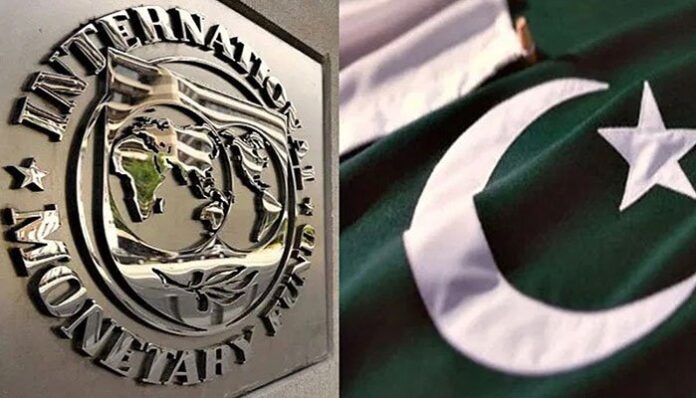The government and International Monetary Fund (IMF) have yet to develop a comprehensive understanding on power sector subsidies and primary balance.
Sources said that the government has not reached an agreement with the Fund on power sector subsidies. The Fund has expressed concerns over provincial surplus as it would not be achievable given the budgets presented by the provinces.
As a result, the government would not be able to achieve the primary surplus of around 0.2 to four percent in the next fiscal year from the existing negative by 1.6 percent even if the federal board of revenue tax collection is increased.
Sources also said that the Fund is not ready to believe the budgetary numbers and stated that the budget was not based on real expenditures, which means that the actual figure of the inflation was not taken into account.
Thus the Fund believes that expenditures in the budget for the next fiscal year are understated on the various accounts.
Pakistan Bureau of Statistics under the alleged influence of the incumbent government is preparing a consumer price index based on those products or items which Utility Store Corporation is selling at subsidised rates and IMF has shown concern over this methodology.
Sources said that government wants to control the rising price of the dollar so that’s why the economic team in late-night fed the information to give a positive impression to the market.
Another senior official of the finance ministry said that it will take another one week to reach an agreement with the IMF and the Finance minister will announce these measures in the winding-up speech.




